Supply Chain Management and Information Flow
VerifiedAdded on 2022/11/13
|8
|638
|489
Presentation
AI Summary
This paper analyzes the importance of information flow in supply chain management and discusses current trends and future practices in the field. It highlights the five important information flows in a supply chain and the technologies adopted by organizations to improve information gathering and exchange mechanisms. The paper also discusses ethical considerations and the impact of globalization on supply chain management.
Contribute Materials
Your contribution can guide someone’s learning journey. Share your
documents today.
1 out of 8
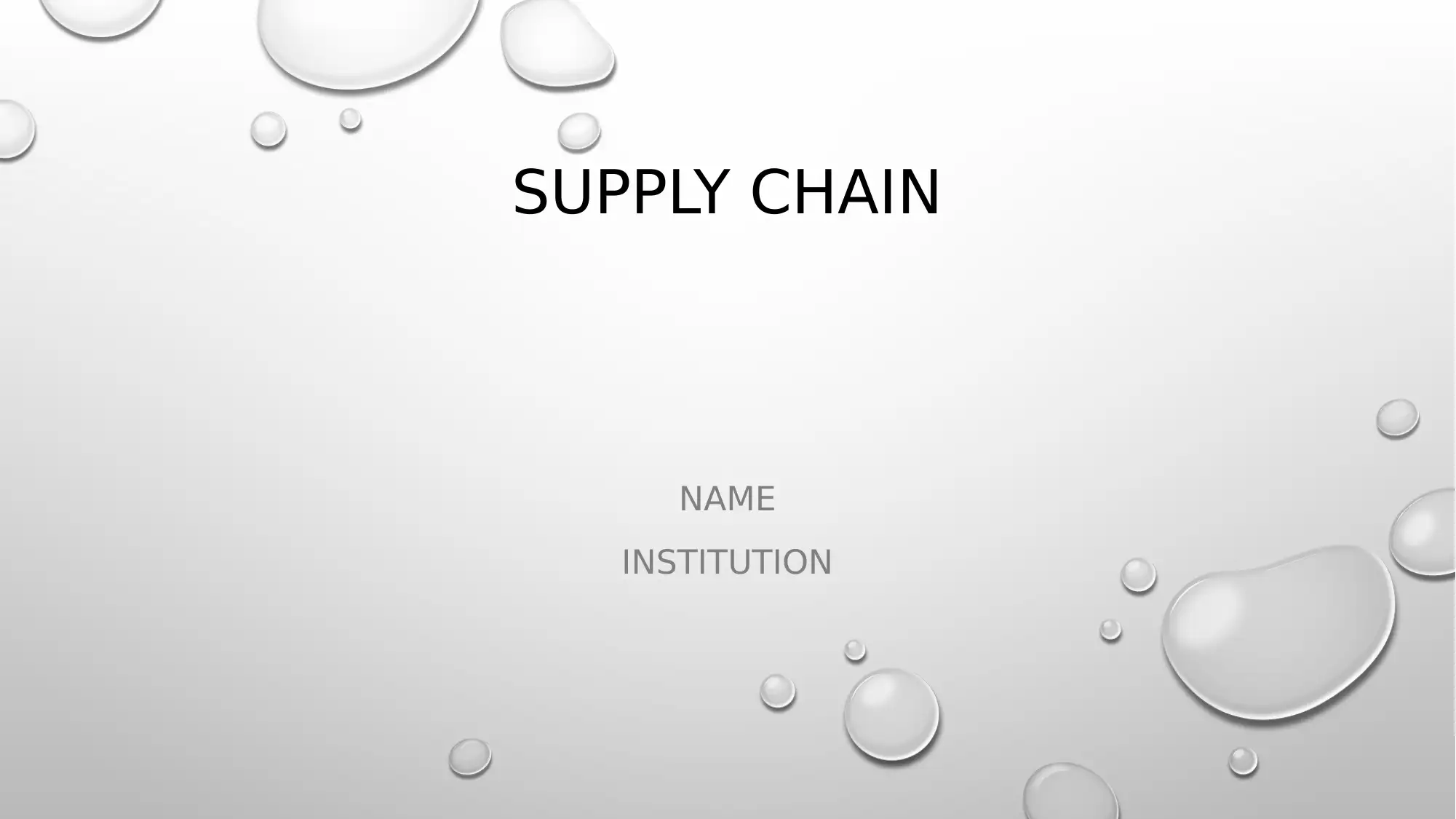
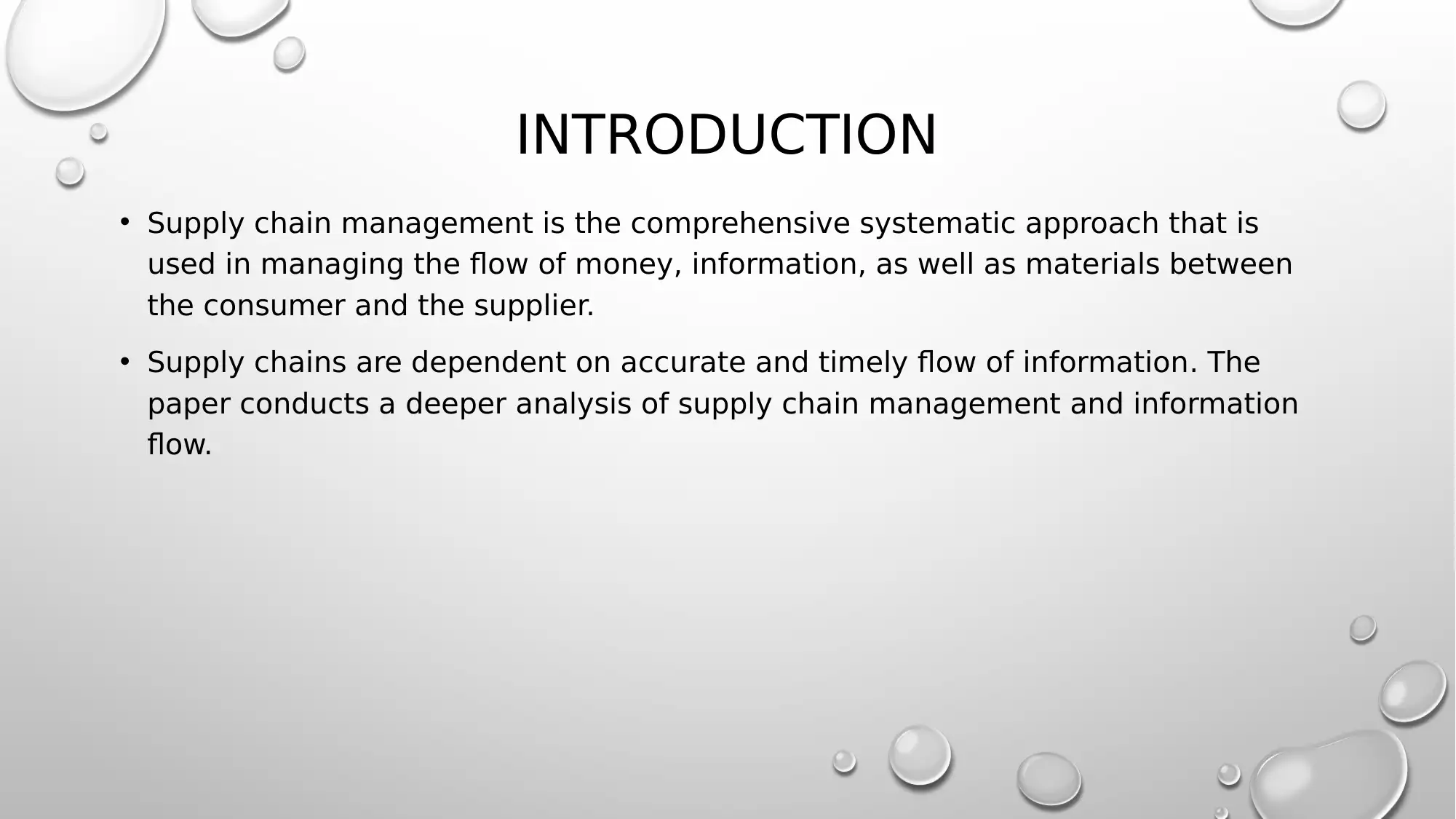
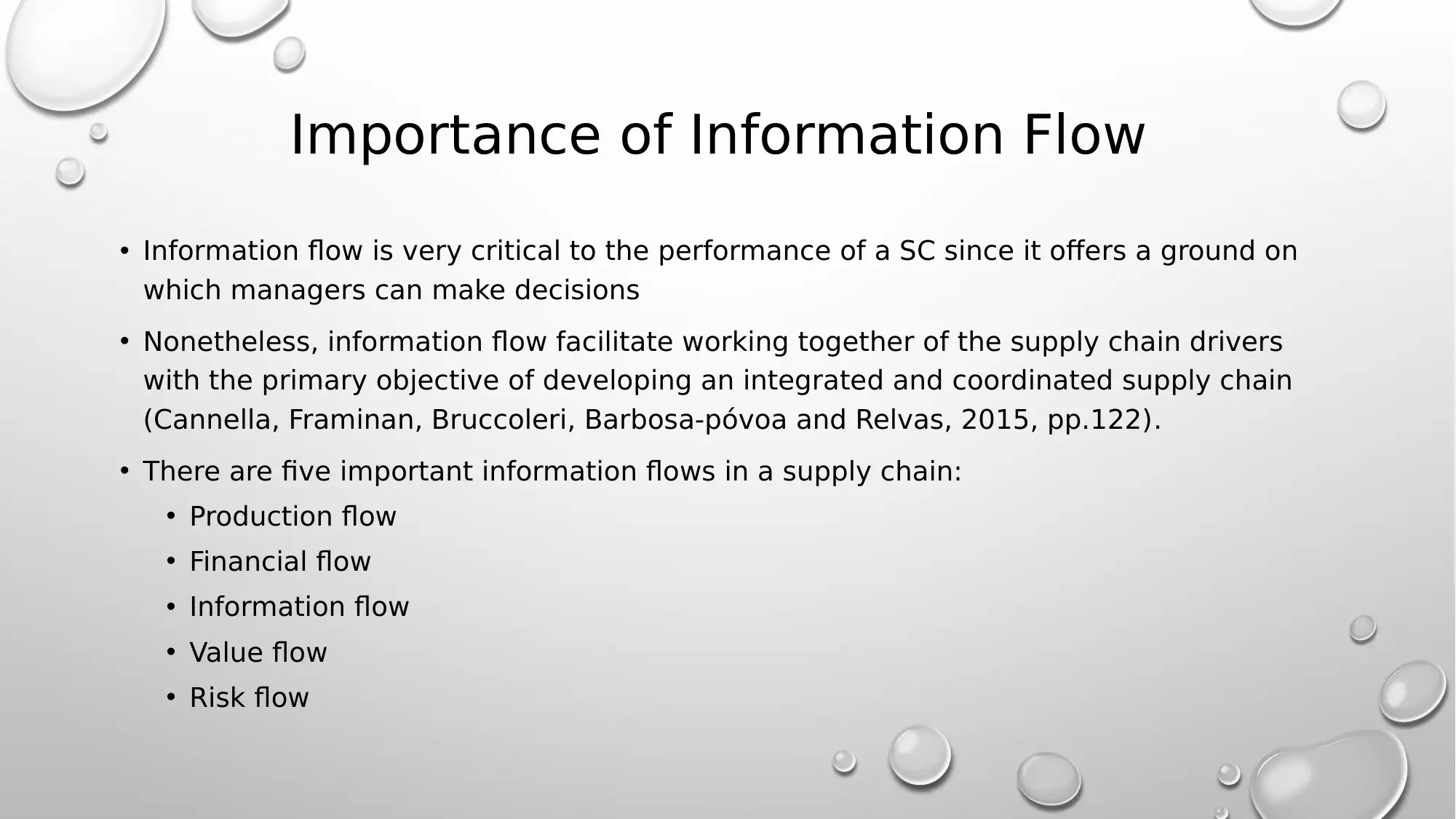
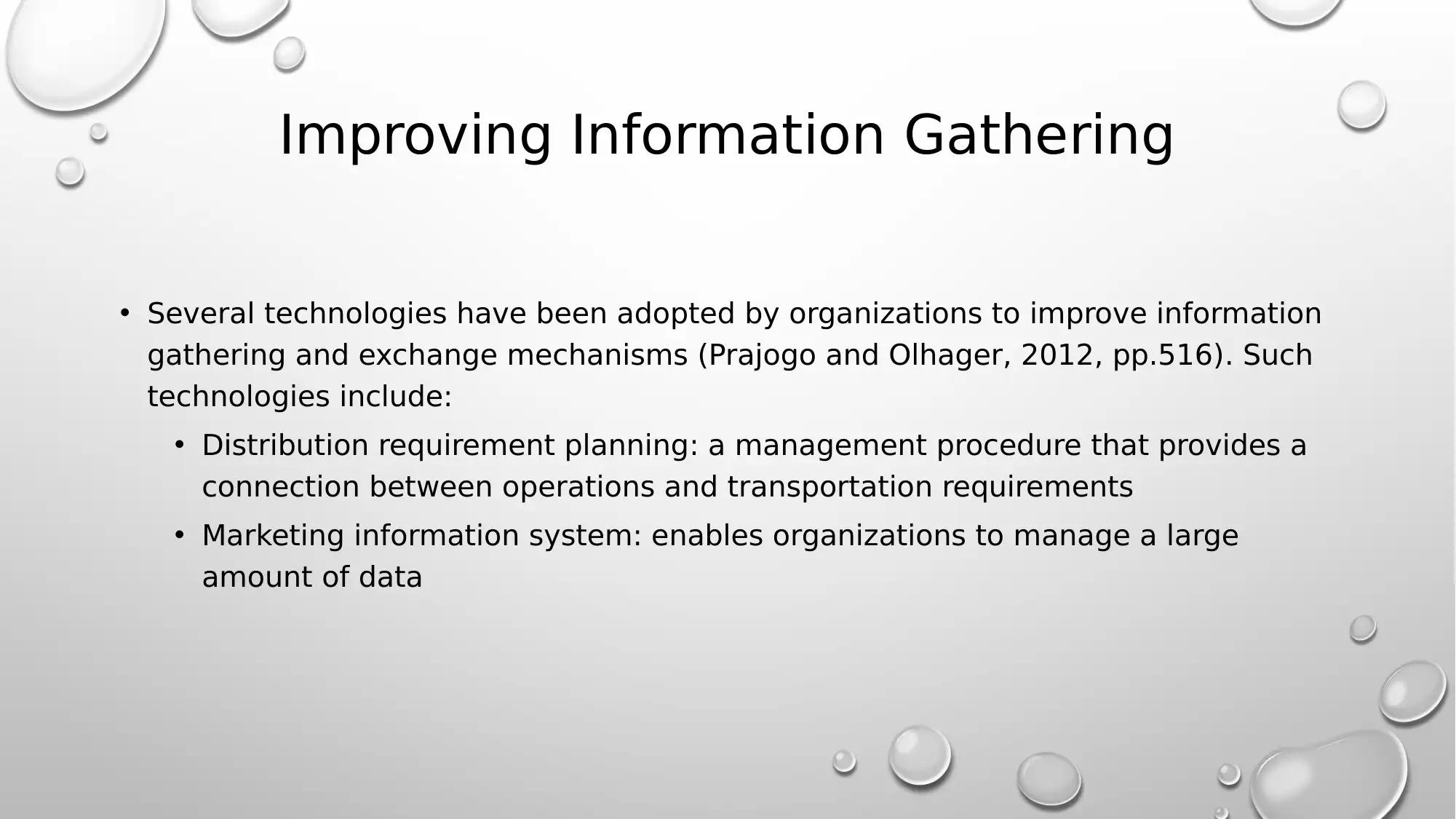
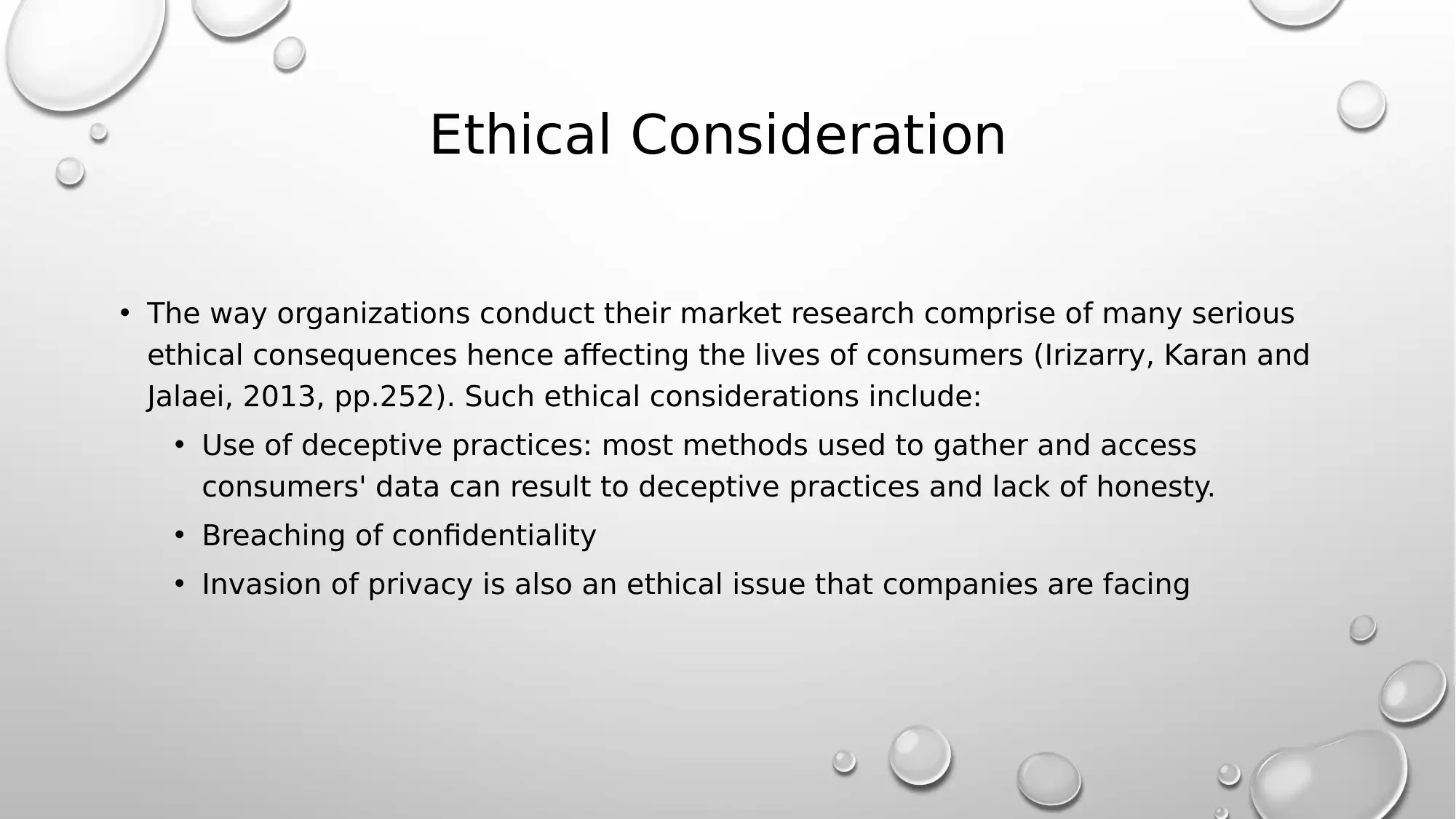
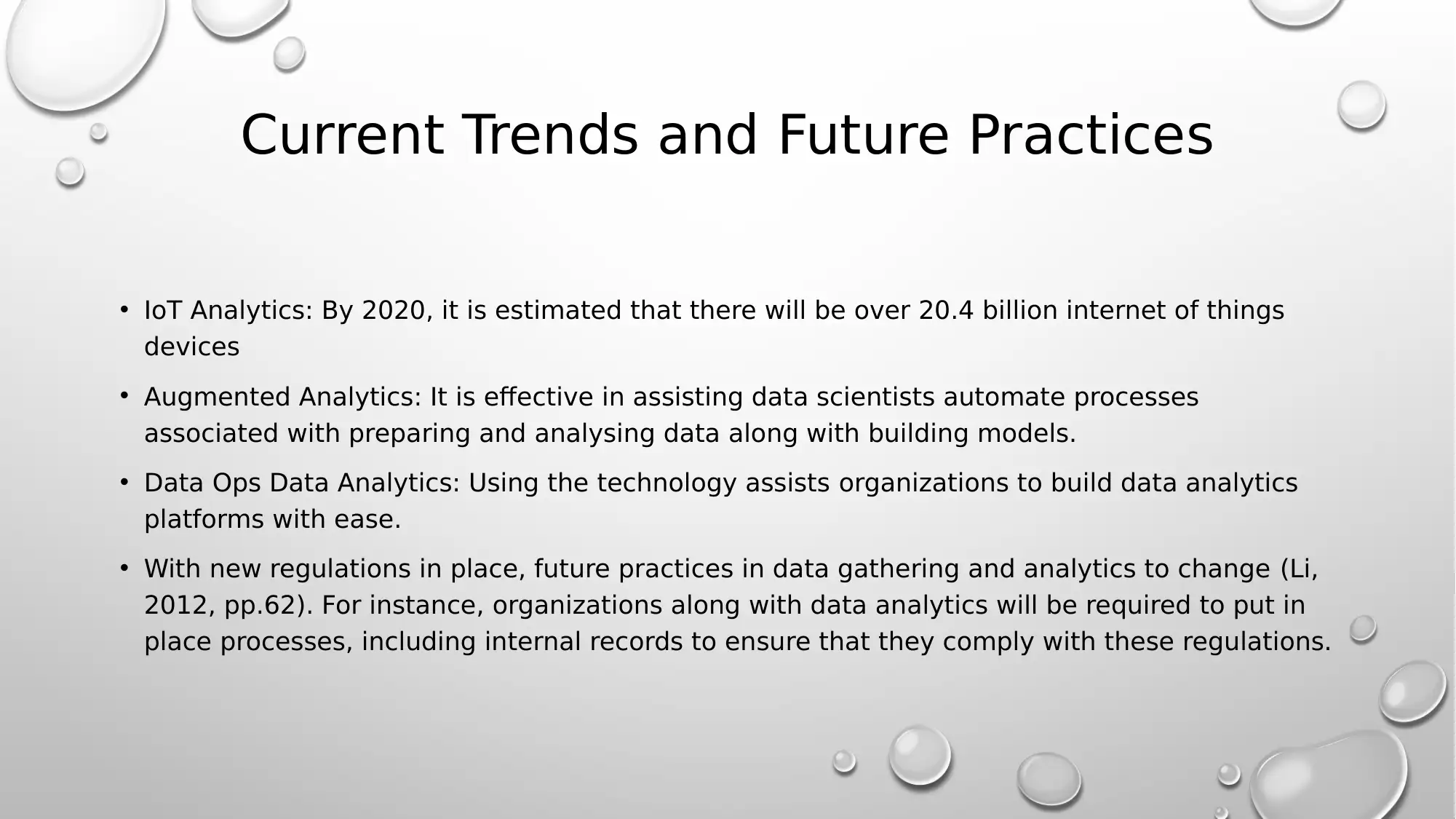
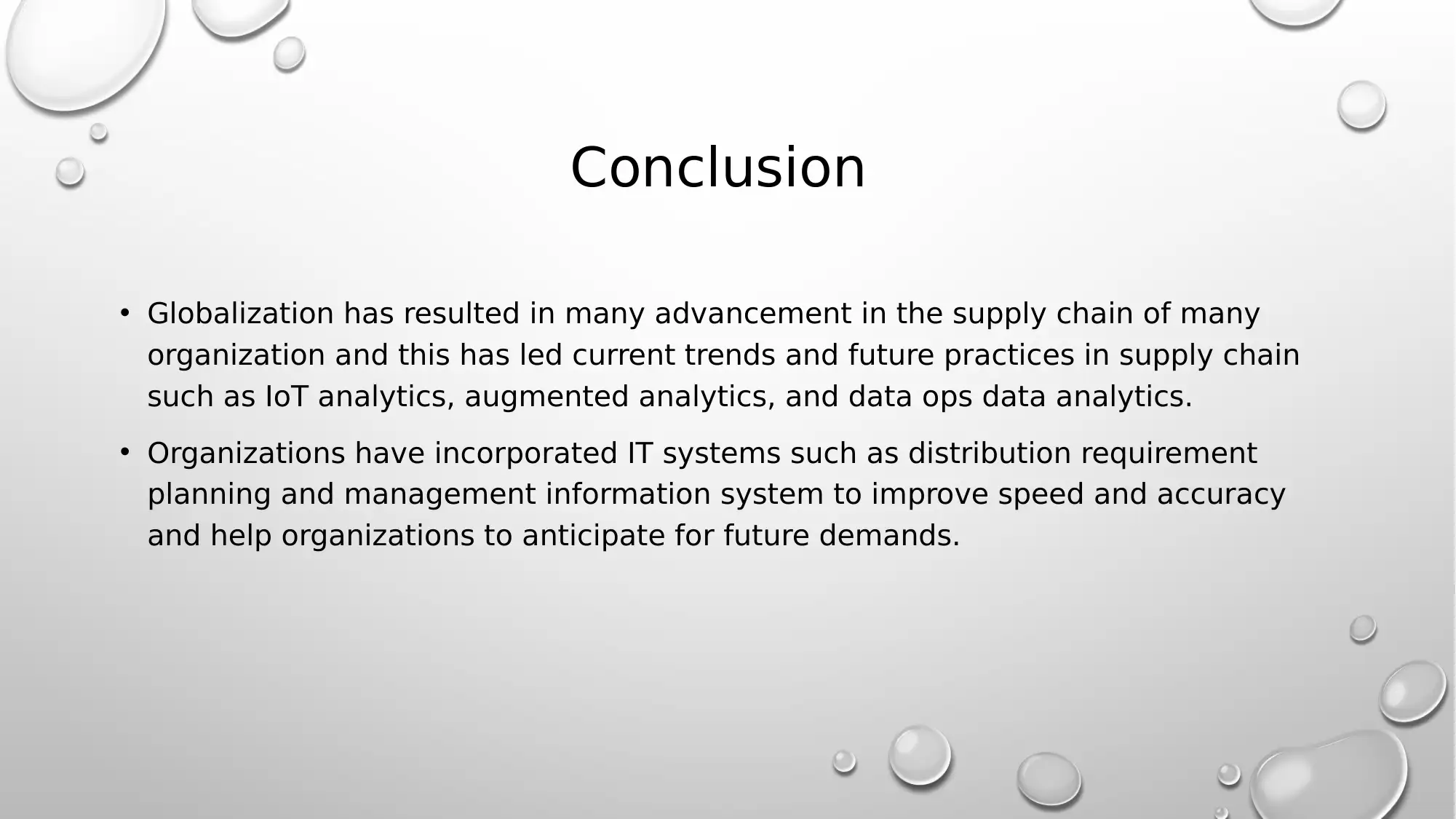
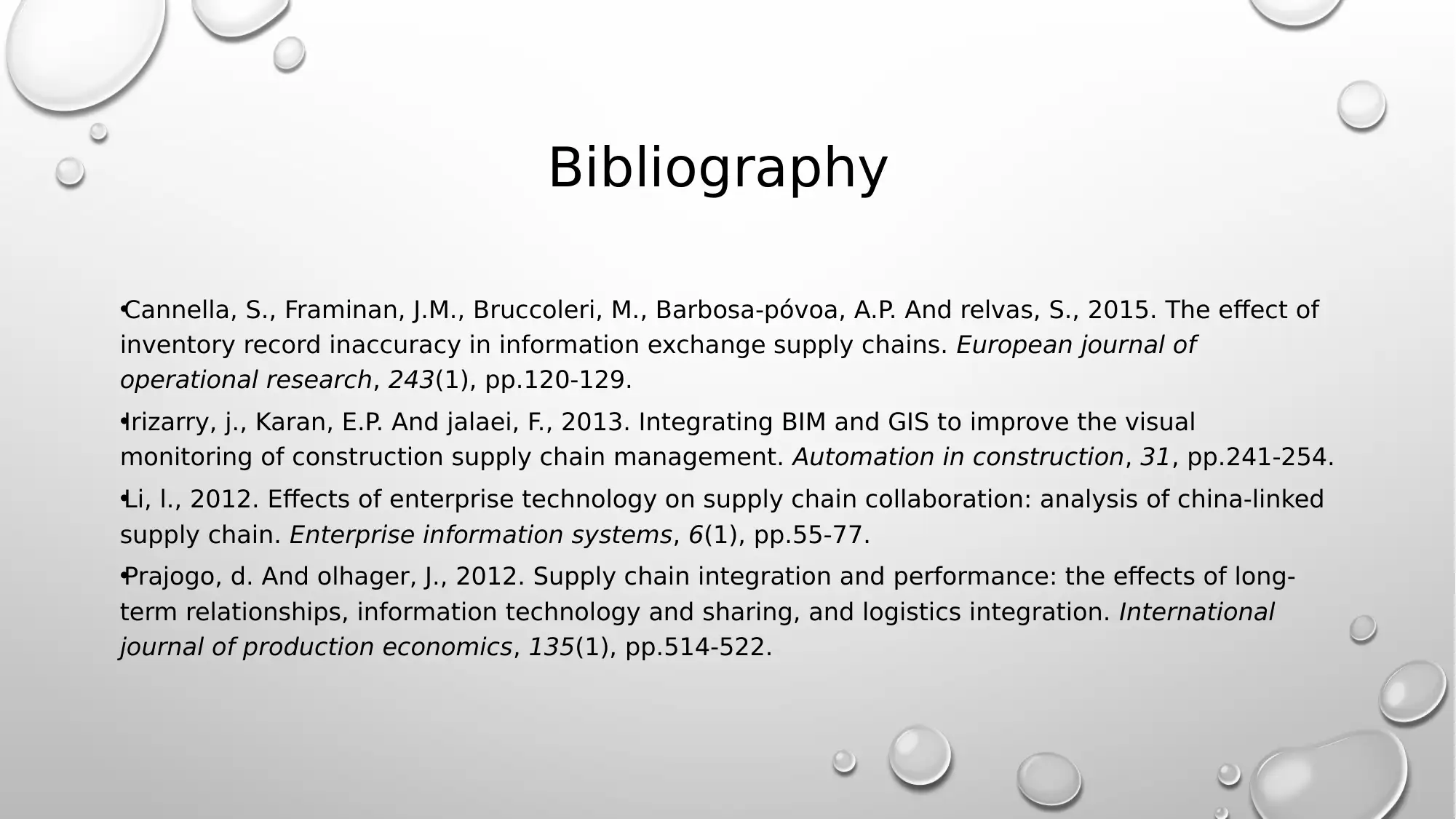




![[object Object]](/_next/static/media/star-bottom.7253800d.svg)